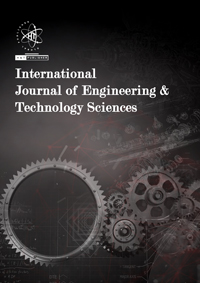


The optimal utilization of energy resources is a hallmark of sustainable growth in both developed and developing economies of the world. Equally, the level of interactions between the economic indicators and how they affect energy consumption (EC) need to be aptly understood. The latter will create an effective structure to balance EC and its attendant ecological consequences. For this reason, the influence of economic indicators: intensity, structural and the energy rebound effect on EC pattern in Nigeria is studied. This includes the agricultural, transportation, and the industrial sectors. The 3-D decomposition technique was adopted using data from 1991 to 2011. Results obtained shows slight energy savings in the agricultural sector, however, the transportation sector witnessed surplus in EC climaxed by the intensity effect. Likewise, the rebound effect, in the agricultural and transportation sectors increased by 18.42 and 86.81 fold respectively, while the industrial sector decreased by 41 fold. Hence, energy conservation measures and technical improvements were most apparent. The study thus suggests, changes arising from the industrial and product structure should be linked with strategic modification of the economic structure. Sector-wise application of these changes will enhance energy efficiency, socio-economic development as well as a reduction in environmental pollution